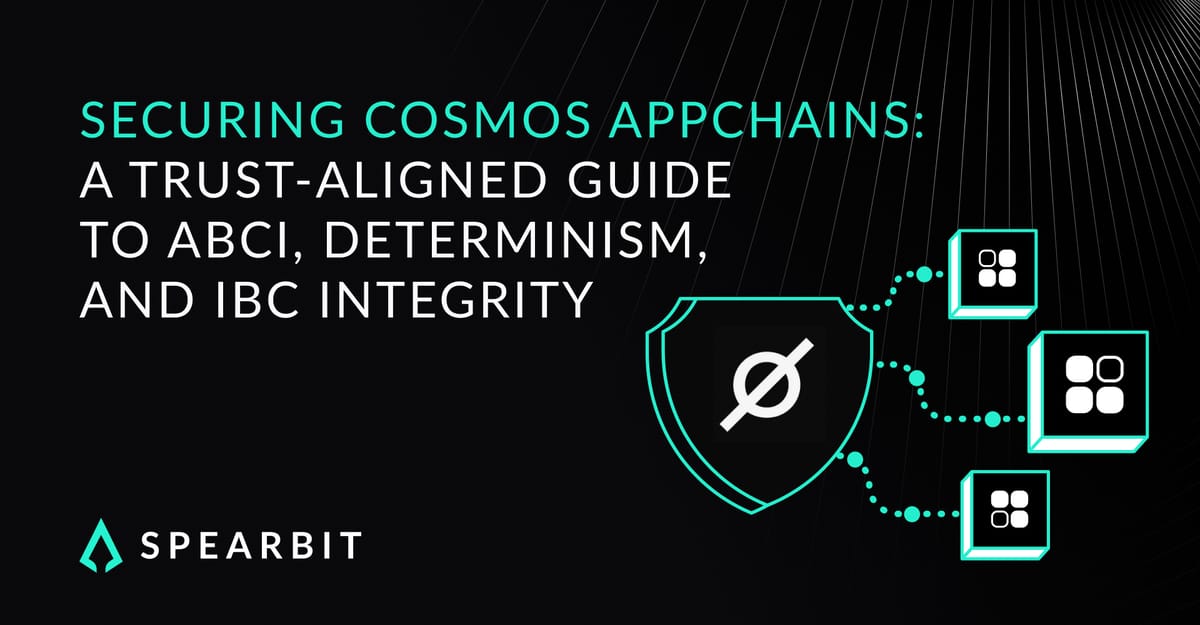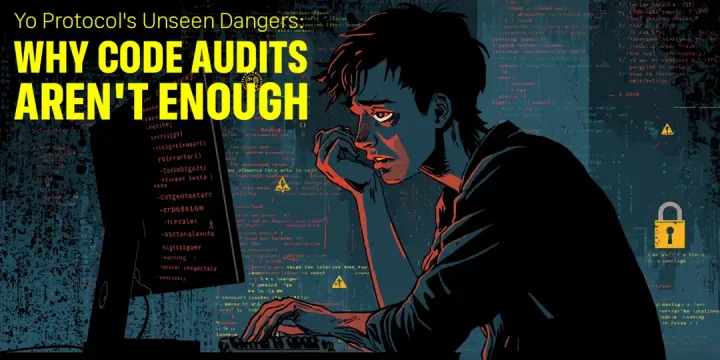Securing Cosmos Appchains: A Clear Guide to Consensus, Determinism & IBC Integrity

As the Cosmos ecosystem grows, securing appchains becomes more complex. Developers, project leaders, and security researchers must navigate intricate challenges related to deterministic execution, inter-blockchain communication (IBC), and module interactions. This guide highlights critical risks and best practices to ensure robust Cosmos appchain security.
The Crucial Role of Determinism in Consensus
Consensus safety in Cosmos’ CometBFT depends on deterministic execution across validators. Even small inconsistencies can cause forks or chain halts.
Key pitfalls include:
- Non-deterministic code such as unordered map iterations or runtime variables like
time.Now()producing divergent states. - Differences between PrepareProposal and ProcessProposal logic causing validator disagreement.
- Use of floating-point operations in state mutations leads to unreliable outcomes due to hardware variation.
Panic Handling & Execution Safety
Unhandled panics during ABCI method calls (BeginBlock, EndBlock, Commit, DeliverTx) can stop the entire chain.
Best practices include:
- Guard all critical logic with panic-safe constructs.
- Perform per-item validation in batch operations (e.g., multi-recipient token transfers) to avoid cascading failures.
- Log and signal errors clearly before committing state changes.
Managing Gas & Performance Risks
Gas metering in Cosmos often lacks strict enforcement, opening doors for DoS attacks via resource exhaustion.
Issues to note:
- Lifecycle hooks like
BeginBlockerandEndBlockermay run unbounded loops causing delays or crashes. - Complex logic in
CheckTxwithout gas limits can overwhelm validators.
Recommendations:
- Bound loop sizes and rely on indexed data access patterns.
- Simulate gas costs under realistic loads to detect bottlenecks.
Ensuring IBC Packet Integrity
IBC enables cross-chain communication but requires meticulous trust verification:
- Default IBC modules may accept packets from any chain - application logic must validate sender identity and channel origin.
- Failures in source authentication have led to packet replay attacks and spoofed airdrops.
- Sensitive features like interchain staking and governance demand full-path validation at message and channel layers.
Avoiding Module Misconfigurations & Interactions
Cosmos SDK’s modularity boosts composability but can create risks if modules interact improperly:
- Incorrect validator registrations cause key duplication or takeover risks.
- Performing token sends indiscriminately during
BeginBlockercan break invariants and crash runtime.
Advised practices:
- Maintain deny-lists for module accounts.
- Restrict cross-module write permissions.
- Validate keeper paths upon integration.
Key Cosmos SDK Development Updates
- Migration from
sdk.Contexttoappmodule.Environmenteliminates global mutable state reliance. - When updating consensus parameters in
FinalizeBlock, avoid omitting subfields to prevent unwanted resets. - Treat vote extensions as non-authoritative until revalidated in
PrepareProposal.
How Spearbit Enhances Cosmos Security
Spearbit’s experts offer deep audits tailored to Cosmos networks by focusing on:
- ABCI determinism via proposal path simulations.
- Panic and error tracing across modules.
- Evaluations of validator DoS vectors.
- IBC origin authentication and replay defenses.
- Validator key rotation and liveness modeling.
Summary
Effective Cosmos security demands rigor across deterministic execution, validator coordination, IBC trust validation, and module integrity. These aspects are foundational, not optional. Spearbit collaborates closely with teams to identify and close security gaps early, ensuring operational resilience from network genesis through live deployments.


